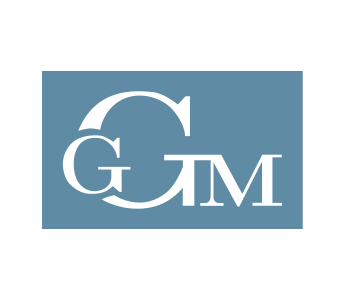New Michigan Law Makes It Easier To Properly Dispose of Certain Wastes
House Bill 5005, sponsored by Rep. Andrea LaFontaine, was signed into law on March 4, 2014. HB 5005 amends Part 115 (Solid Waste Management) of the Natural Resources and Environmental Protection Act (NREPA) to establish new guidelines for waste diversion centers, and is intended to remove obstacles that previously existed to allow for improved methods for collecting items like batteries, medications, household hazardous waste, electronics, etc. Prior to HB 5005, local waste collection events were sometimes in violation of state law because the collection sites were not recognized as transfer facilities and wastes were not disposed of in authorized facilities. The new law exempts diverted waste from regulation as a solid waste when it is properly managed through a waste diversion center.
Diverted waste is waste that meets all of the following requirements:
- Generated by households, businesses or governmental entities;
- Can be lawfully disposed of at a licensed sanitary landfill or municipal solid waste incinerator;
- Is separated from other waste; and
- Is hazardous material; liquid waste; pharmaceuticals; electronics; batteries; light bulbs; pesticides; thermostats, switches, thermometers, or other devices with elemental mercury; sharps; or other wastes approved by the DEQ.
A waste diversion center is defined as a property or a building (or portion thereof) designated for the purpose of receiving or collecting diverted wastes, and not used for residential purposes. The operator of a waste diversion center must comply with the following requirements:
- 90% of the material collected (by volume) must be diverted waste managed at that center.
- The center must be operated by personnel knowledgeable about how to safely manage diverted wastes accepted by that center.
- Diverted waste must be managed in a way to prevent a release of diverted waste.
- Diverted waste cannot be stored overnight unless properly secured, with adequate containment provided to prevent any release.
- Within one year of collection, diverted waste must be transported from the center to a waste diversion center, recycling facility, or disposal facility for processing, recycling, or disposal, in compliance with Part 115.
- The operator shall not process the collected diverted waste except to make it safe and efficient for transportation.
- Records must be maintained for at least three years regarding the types and quantities of diverted wastes, period of storage, and where the diverted wastes are transferred, processed, recycled, or disposed of.
- Access to the center is limited to times when a responsible individual is present.
- The area where diverted waste is accumulated must be protected from weather, fire, physical damage, and vandals – as appropriate for the waste type.
- The operator can reject any diverted waste.
For a link to the full text of HB 5005, click here: http://www.legislature.mi.gov/documents/2013-2014/publicact/pdf/2014-PA-0024.pdf
For a link to the DEQ press release, click here: http://michigan.gov/deq/0,4561,7-135–324629–,00.html
News and blog articles presented in this website are distributed for general information purposes only with the understanding that the author, publisher and distributor of articles is not rendering legal, accounting, or other professional advice or opinions on specific facts or matters and, accordingly, GGTM assumes no liability whatsoever in connection with the use of any article. Pursuant to applicable rules of professional conduct, this communication may constitute Attorney Advertising.

